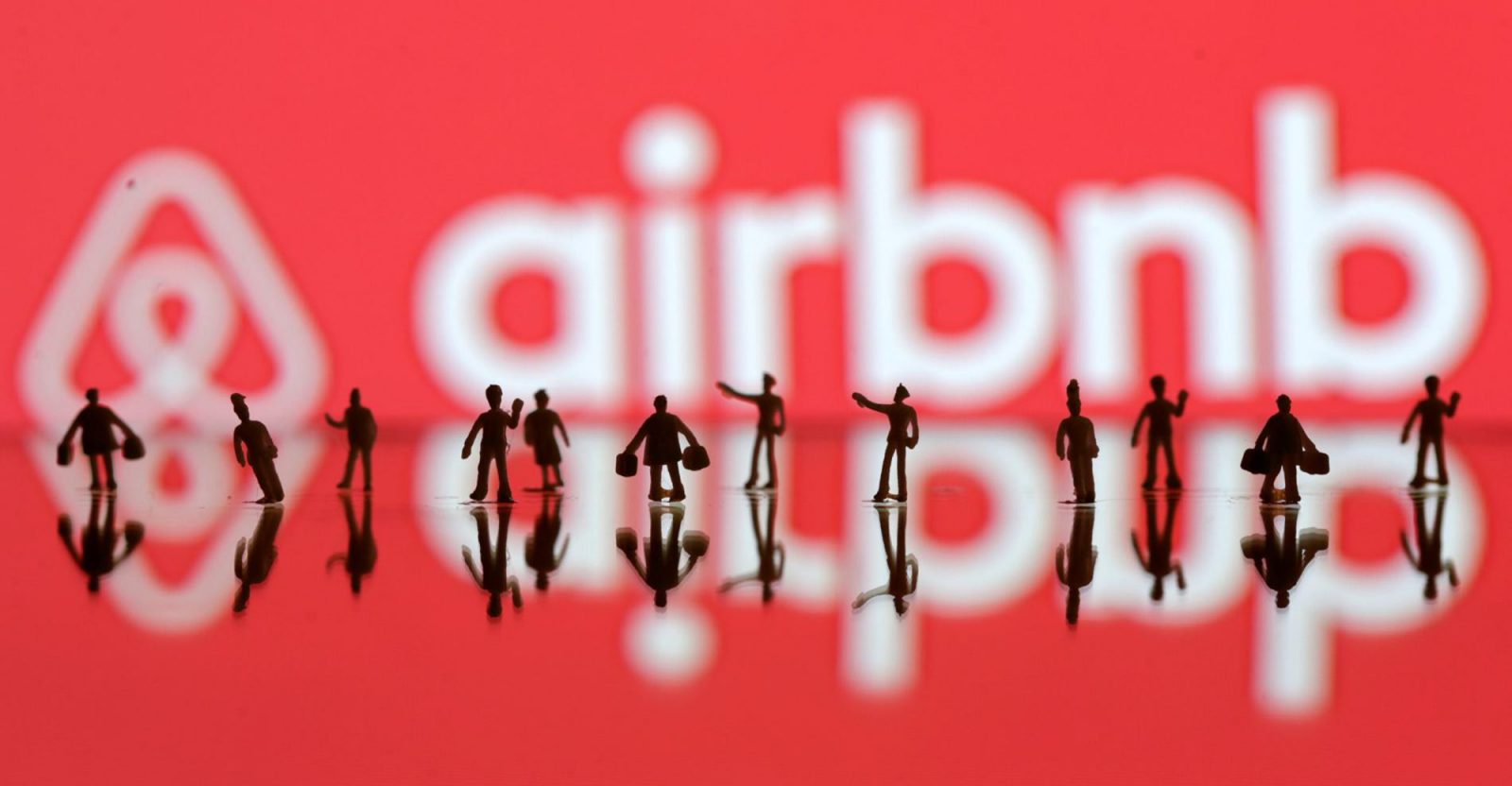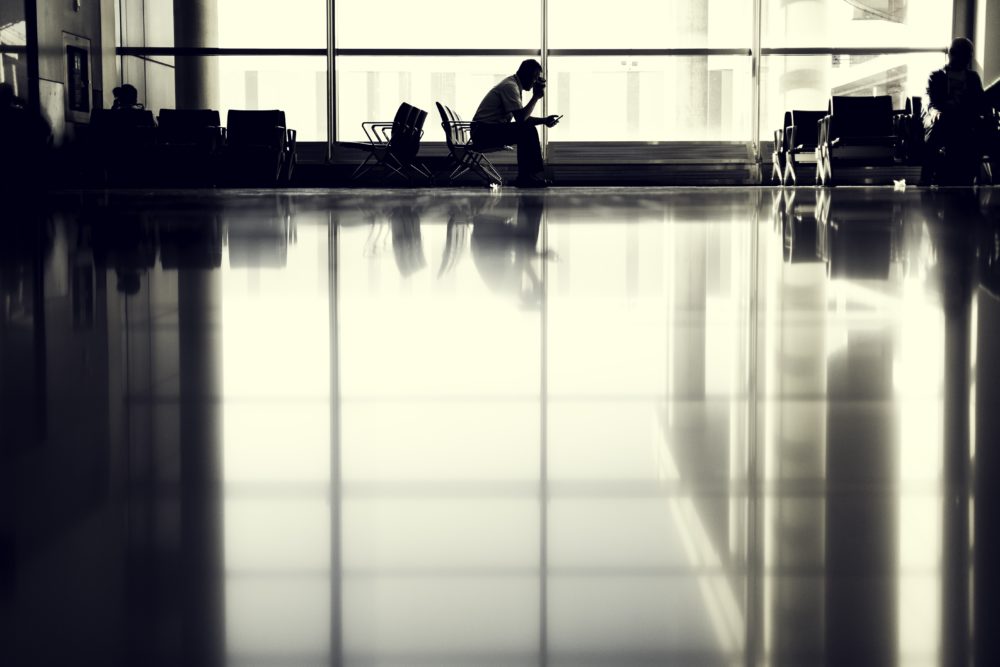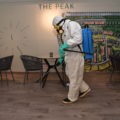It’s been almost two months with the world on lockdown due to the COVID-19 health pandemic. While recently, many companies, organizations and governments are discussing a return to normal activities and ‘working from the office’ again, the repercussions these past months had, and the consequences that are still ongoing, have cost many people their jobs. In comparison, some have been fortunate enough to have salary cuts.
The International Labour Organization (ILO) reported that the impact COVID-19 had on the labour market was profound and had especially devastating effects on people operating in the informal economy. Inevitably, some are harder hit than others as those in the informal economy generally have an income that is per day or per week. With less people on the streets, less people buying and health at risk, all kinds of businesses have suffered.

“Measures for economic reactivation should follow a job-rich approach, backed by stronger employment policies and institutions, better-resourced and comprehensive social protection systems. International coordination on stimulus packages and debt relief measures will also be critical to making recovery effective and sustainable. International labour standards, which already enjoy tripartite consensus, can provide a framework,” the ILO wrote.
A Closer Look in Egypt
Although Egypt is beginning to open industries and regular day to day businesses again, the COVID-19 count is increasing with today reaching 387 new cases; a total of 7,588 since the pandemic began.
In early April, the Egyptian cabinet decided to decrease the wages of ministers by 20 percent for three months. According to Mubasher, the discounted amount would go to the Tahya Misr fund as a way to support those who need it the most during this pandemic. There are many other similar initiatives being taken by the government as a way to help those in need.
But the fact remains that the global economy was disturbed and small and medium businesses will suffer sometime, alongside bigger businesses too. Egyptian billionaire businessman, Naguib Sawiris, explained that a lot of companies would simply have to resort to salary reductions.
Egypt Independent wrote that “Sawiris added during the interview that the suspension of work for months in Egypt because of the pandemic was ‘unreasonable,’ because Egypt would not be able to bear its consequences.”
Every company has reacted, and is still reacting differently. The nature of the business or job also factors into this decision. For instance, Egypt’s construction sector has been operating again already for a while.
However, Ahram also explained that the private construction sector has divided viewpoints on dealing with COVID-19, “with some companies giving employees in administrative and engineering departments fully paid leaves or leave with 50 percent of the salary and others reducing working hours and laying off a percentage of employees.”
Regardless, the suffering is something shared by the entire world and not Egypt alone.
Through The Global & Regional Lens
Saudi Arabia, which suffers from more COVID-19 cases than Egypt, issued a ministerial decision that allows companies in the private sector to reduce salaries by 40 percent and allows termination of contracts due to economic challenges. This was reported in the Gulf News on May 4; however, at the time of publication, “the new decision was still not published by the cabinet according to the newspaper.”
While Egypt begins to re-open its tourism sector, others suffer with Airbnb, well-known private company that helps travelers find places to stay, announcing that it is laying off “around a quarter of its workforce. The company cited revenue declines and a need to curtail cost,” TechCrunch reported.

The article explained that the company is laying off 1,900 employees (25.3 percent) of its 7,500 employees. Inevitable, with most airports on lockdown and very little tourism, everyone working in the travel industry is suffering. It’s important to note that even while countries begin to internally open up, it will take time for people to be comfortable travelling due to fear of the virus.
The BBC Worklife segment said that all world economies are suffering from the same issues as millions are being laid-off due to COVID-19
“Further compounding these dramatic figures is the speed at which many suddenly found themselves without work – either laid off with some form of termination payment, asked to take indefinite unpaid leave or outright fired,” the article explained.
Losing your job is not something little, especially for those who have nothing but their salaries to fall back on. But COVID-19 is a health crisis, and it’s important for business owners, and those in positions of power, to take decisions while considering the mental and physical health of their employees. Yes, the economy is struggling. But human life is certainly more precious. The economy can be salvaged eventually but with a contagious virus (and no clear vaccine or solid treatment), human life comes first.




























